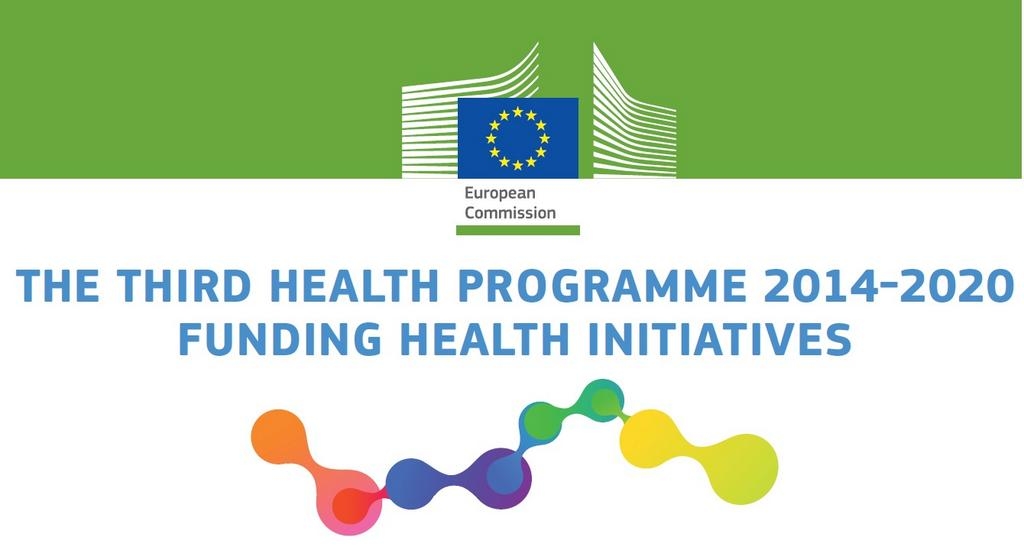The Third European Health Programme (2014–2020) supports healthcare initiatives of member states by promoting co-operation within the framework of Joint Actions and granting a 18.6 million-euro co-financing.
The implementation of Joint Actions is expected to be launched in 2015 and will be realised in eight priority areas of the health policy of the European Union. One of the areas of major importance is the establishment and expansion of a European information database of rare diseases to which Semmelweis University accedes under the direction of Dr. Mária Judit Molnár, Vice-Rector for Scientific Affairs. Another significant initiative is the support of the eHealth Network, to be realised with the participation of Semmelweis University co-ordinated by Dr. Miklós Szócska, director of the Health Services Management Training Centre.
The European Commission issued a letter of invitation to the respective authorities of each member state asking them to nominate the institutions taking part in the collaborations. In Hungary the institutions entitled to participation were appointed by the Ministry of Human Capacities following a transparent selection procedure. The Rare Diseases Joint Action is implemented by a partnership of nearly fifty members – Semmelweis University is one of the three Hungarian institutions besides the National Institute for Health Development (OEFI) and the University of Pécs. Together with the National Institute for Quality- and Organizational Development in Healthcare and Medicines (GYEMSZI), Semmelweis University was nominated by the Ministry of Human Capacities as candidates to join the eHealth Joint Action consortium, which consists of nearly 35 members.
The Joint Actions realised through the cooperation of member states are projects of high added value that have significant relevance in dimensions of European politics and technical developments as well.